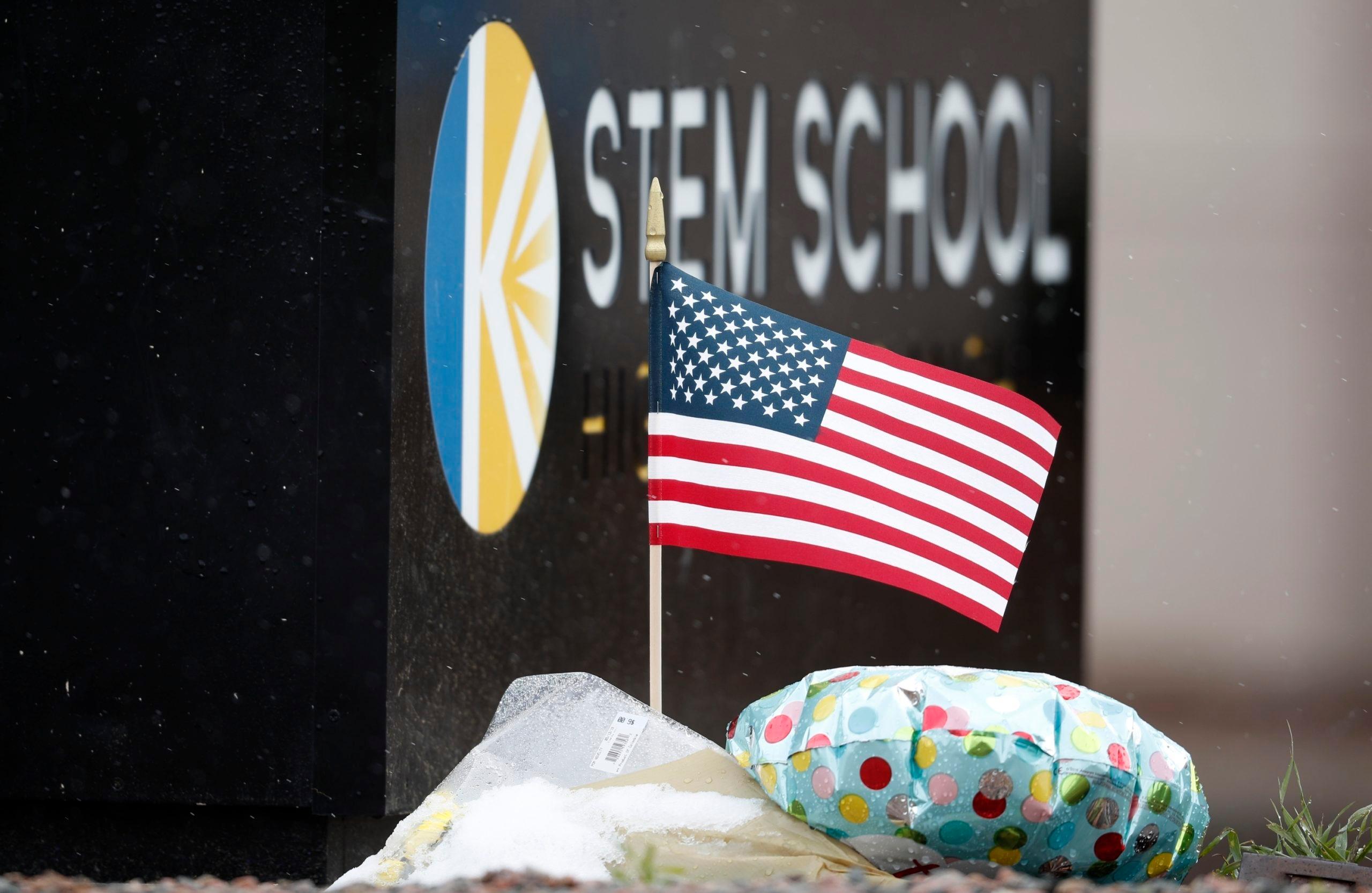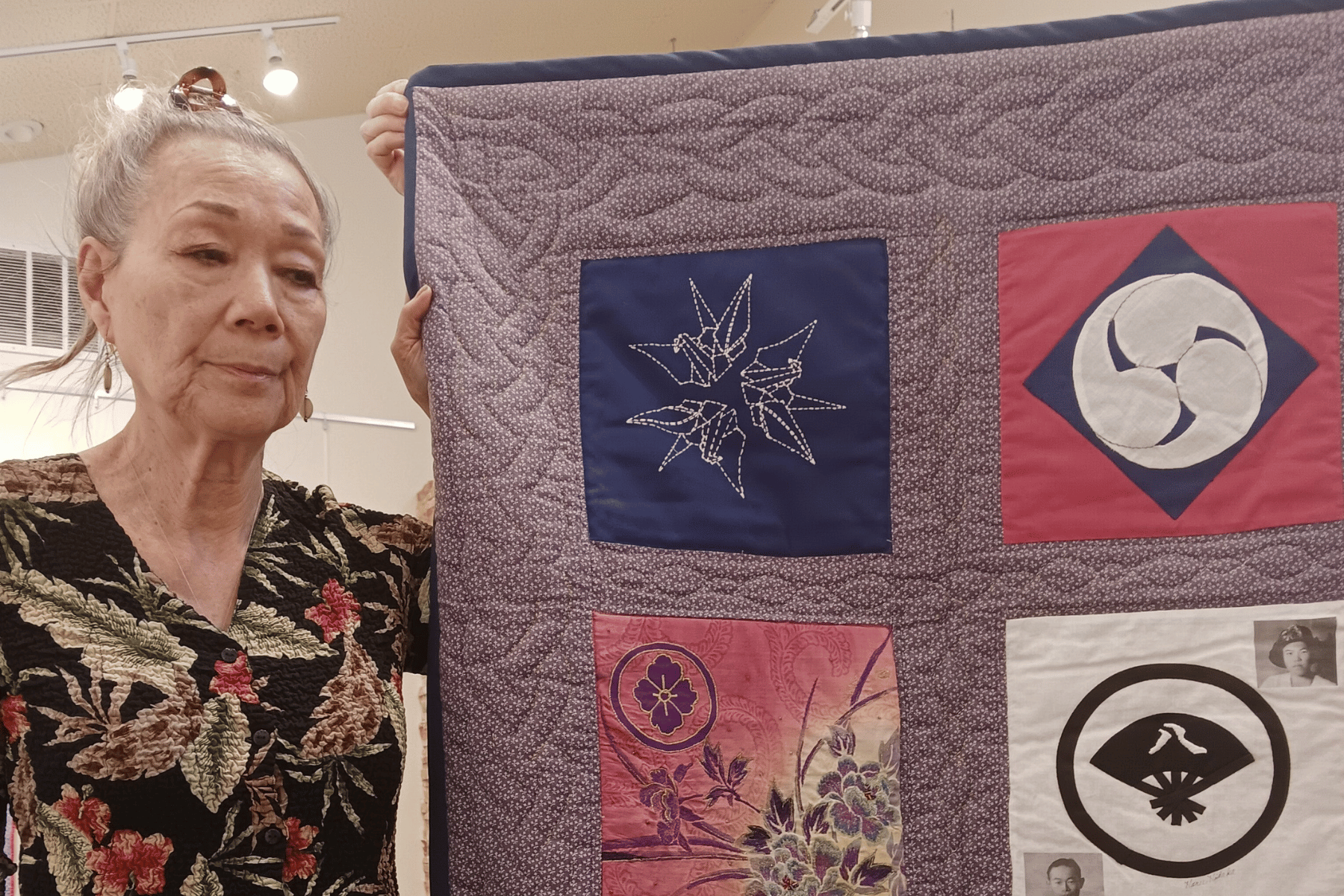
Updated 4 p.m. 6/11/21
The defense rested Friday afternoon after presenting two witnesses. Toxicology expert Wanda Guidry testified that Erickson's heavy cocaine use, prolonged sleep deprivation, and a thyroid imbalance all apparently affected his ability to think clearly.
"He obviously had a very difficult time figuring out, or even thinking about what he needed to do, what was right and what he wanted to do," she said.
Closing arguments in the case will be Monday.
Original story appears below.
Prosecutors working to convict Devon Erickson of first-degree murder for opening fire in a literature classroom at the Highlands Ranch STEM School in May, 2019, and killing one student and injuring eight others rested their case on Thursday.
The district attorneys spent the past two weeks building the case that Erickson thought about, and plotted, the shooting weeks in advance and that he took concrete steps to carry it out with his co-defendant, Alec McKinney.
McKinney pleaded guilty for his role in the shooting last year and is already in prison.
“The two of them concocted a plan … they joke about mass shootings, but finally they decide it’s going to be on May 7,” said prosecutor George Brauchler in opening arguments. “And this plan is as diabolical as it is deadly. It is as unbelievable as it is unconscionable.”
Defense attorneys representing Erickson say the then-high school senior was under a lot of stress at that moment in his life and felt forced into the shooting by McKinney. They argue that while he did brandish a loaded gun in the classroom, finger on the trigger, he only started shooting after several students tackled him.
Kendrick Castillo was, by all witness accounts, the first student to rush Erickson and was fatally shot. Prosecutors say Erickson fired three additional times, injuring two other students, Josh Jones and Alex Watford.
Several others were also shot and injured by McKinney, including a student who was hit in the next classroom over when a bullet went through the wall.
The prosecution’s witnesses included McKinney, who testified that he and Erickson had talked about mass shootings for weeks and developed several iterations of the plan before they finally settled on a classroom shooting just days before the seniors were to adjourn ahead of graduation.
McKinney, who said he was suicidal at the time, told the jury the plan was for them both to conduct the shooting but that then Erickson was going to kill him in a staged shooting intended to make Erickson look like a hero. McKinney also said he considered killing himself.
In security camera footage from the school’s hallway, McKinney is shown attempting to commit suicide after the attack, but the gun didn’t work. A security guard found him and demanded he drop the gun. McKinney complied.
Videos the two teens made on their phones that day show McKinney berating Erickson to do cocaine and break into his parents’ gun safe with an ax. The videos were faked, McKinney said, to make it look like he was coercing Erickson into committing the crime.
“I believe we share equal responsibility for everything that happened,” McKinney said, tearfully. “No one tried to stop anyone, no one forced anyone into this. We were both mutually agreeing.”
Defense attorneys tried to break down McKinney’s credibility on the stand, pointing out that he changed his story from what he said in interviews with police immediately after the shooting.
When pressed on why he has said varying things about what happened, McKinney said he was now under oath and telling the truth.
Defense attorneys also pointed out that McKinney may have cooperated with prosecutors in hopes of getting out of prison earlier because he was a juvenile at the time of the shooting. He is serving a life sentence plus 38 years -- but may qualify for a certain program that lets people out after they’ve served 40 years if they were under 18 at the time of the crime.
McKinney said he wasn’t aware of that program and whether he qualified and that prosecutors didn’t determine sentences anyway.
On Thursday, after the prosecutors rested their case, defense attorneys asked for an immediate acquittal on several charges, including first-degree murder with extreme indifference.
Judge Theresa Slade, who has to make these decisions in the light most favorable to the government, denied their motions.
In the last two and a half weeks of prosecution testimony, several students and teachers who had contact with McKinney in days leading up to the shooting, and the day itself, talked about how he didn’t warn them anything was about to happen.
Several testified he seemed stressed out or “sick” ahead of the shooting. A school nurse who treated Erickson in the hour before the attack said Erickson told her he was worried about his mom, but then left without giving any hint to what was about to happen.
Erickson’s girlfriend at the time, Sophie Van Der Volgen, testified that she saw him on the day of the shooting — they hung out at a skate park. She said he was quiet and messaging with McKinney, but wouldn’t let her see his phone.
Josh Jones was shot in the leg after tackling Erickson along with Brendan Bialy and Castillo. He said on Thursday he ran up towards Erickson because, “there was nowhere else to run that I could see, I had tunnel vision in on the gun and the defendant,” he said.
Jones testified that he worked to pull Erickson’s fingers off the trigger of the gun and he resisted letting go of the gun.
Jones said, finally, Bialy was able to get control of the gun and at that point, Jones realized his leg wasn’t moving.
He stayed where he was, laying on top of Erickson for about 10 minutes before police arrived. A few feet away, Castillo was being tended by a teacher.
The defense has started to call their witnesses. The trial is expected to last another few weeks.









